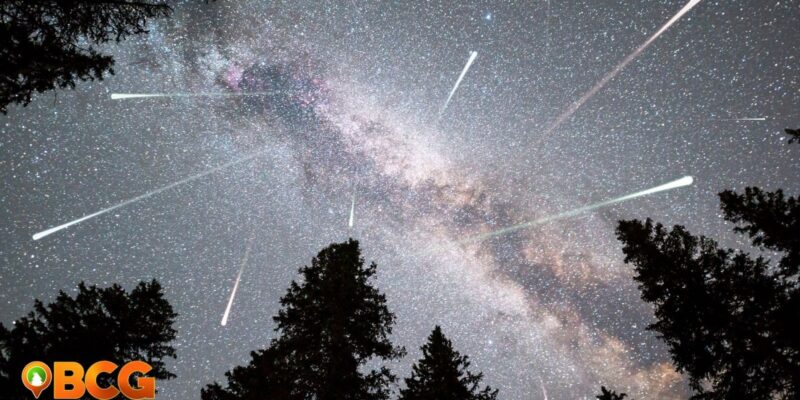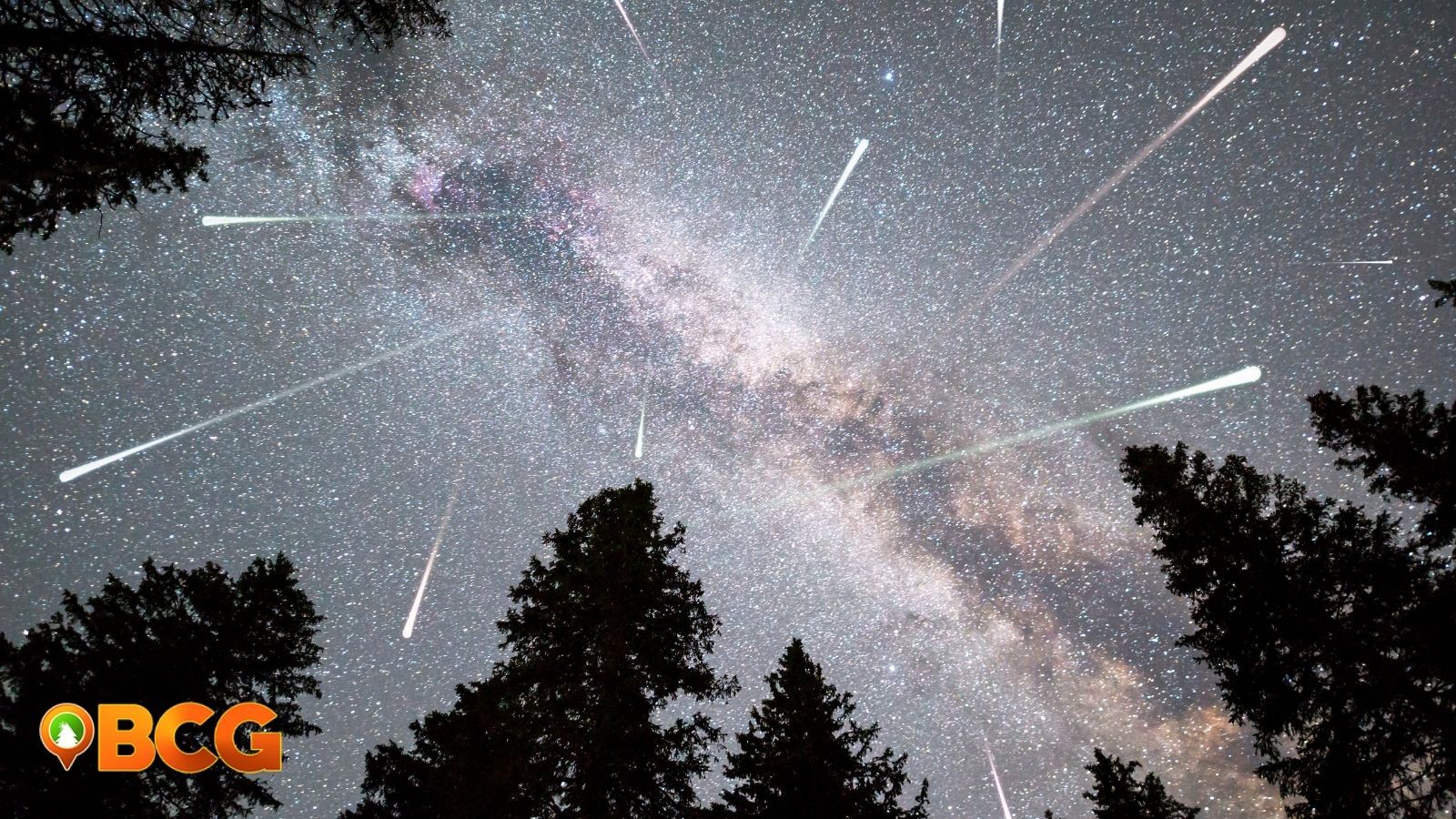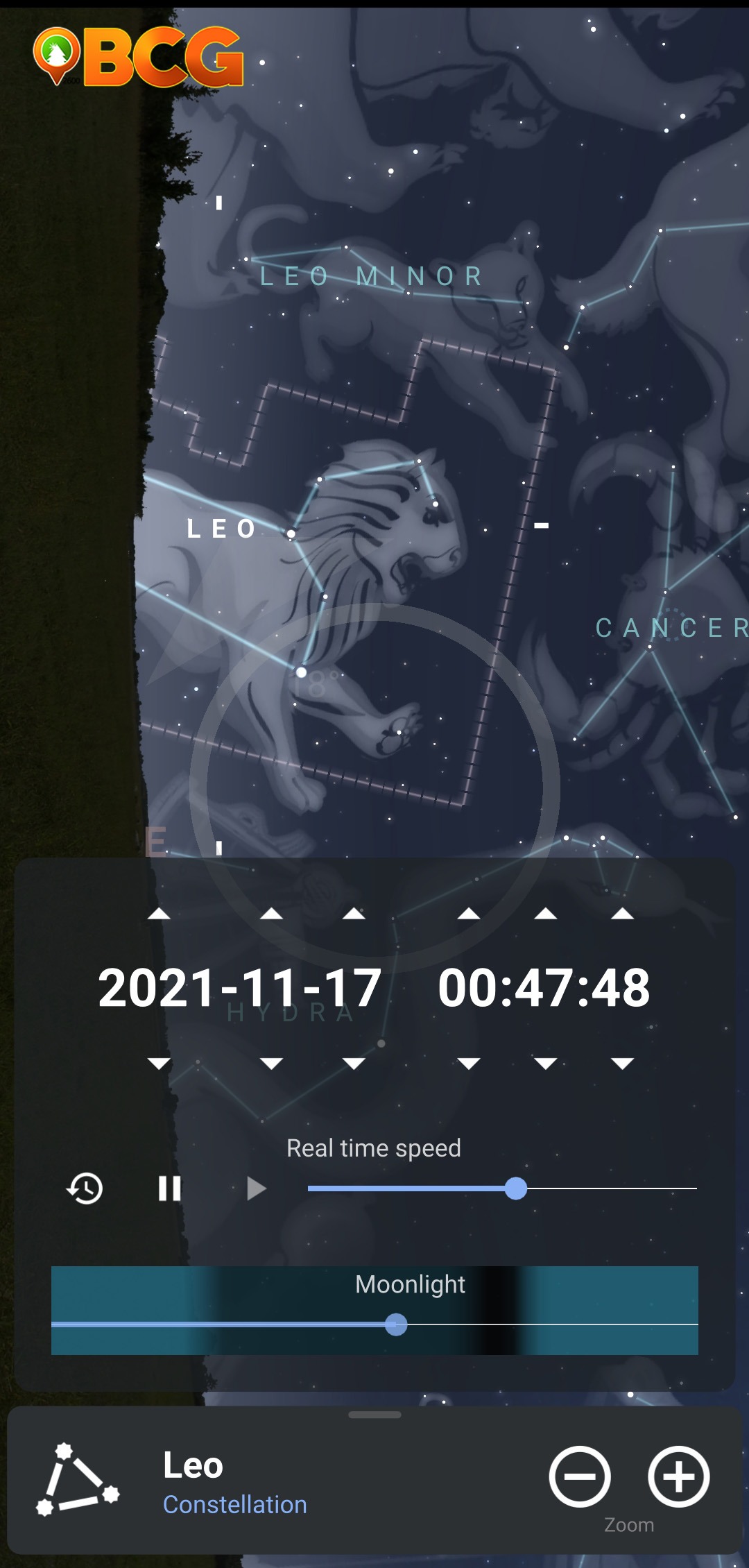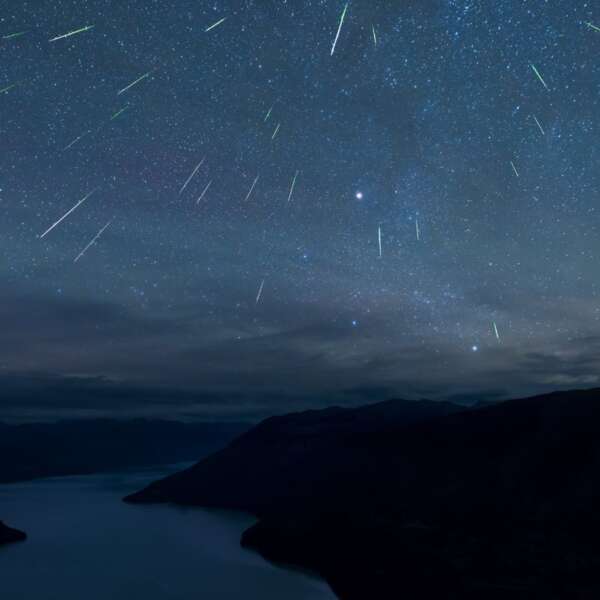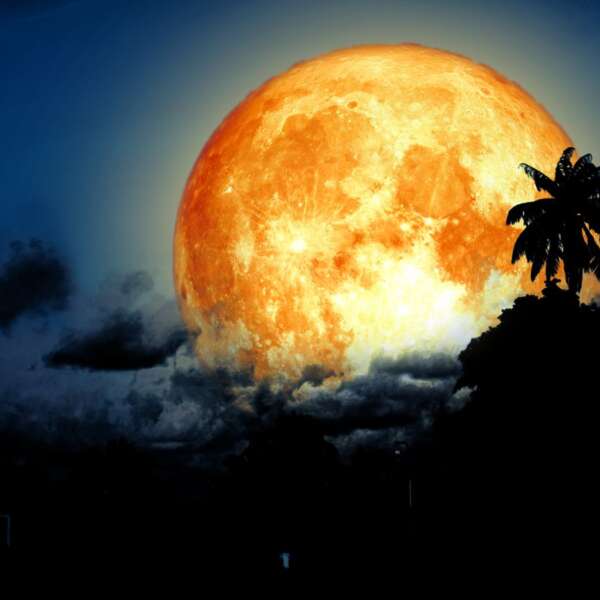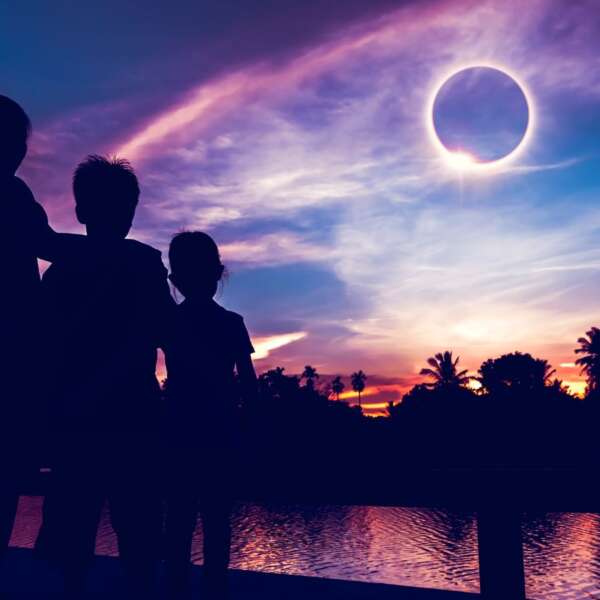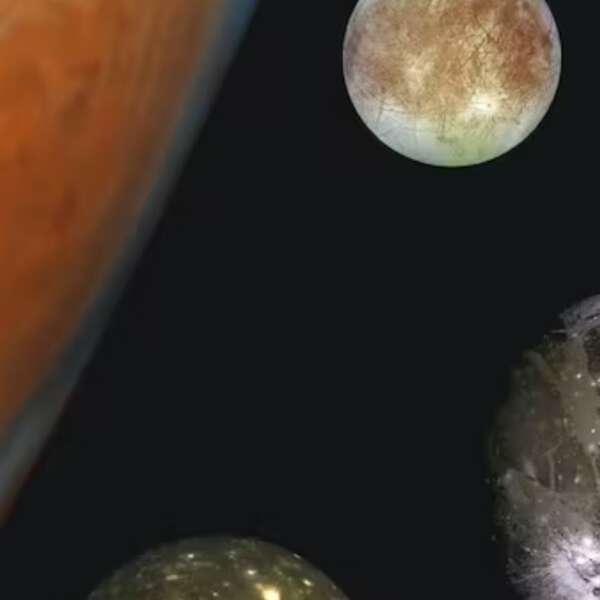Get a Glimpse of the Leonid Meteor Shower Tonight; Here’s How
The November sky is filled with astronomical events that would tickle the fancy of every astrophile. This Wednesday, another meteor shower is set to peak the skies, and here’s how you can witness the show.
The Leonid Meteor Shower
This annual meteor shower will peak overnight on Nov 17-18 Philippine time. Observers will see an average of 10 meteors per hour under a dark and cloudless sky and will peak at around 11:47 P.M., according to PAGASA.
What is the Leonid Meteor Shower?
The Leonids is a meteor shower that occurs when Earth passes through the debris left by Comet Tempel-Tuttle. According to PAGASA, Comet Tempel-Tuttle takes 33 years before it can make a complete revolution around the Sun. As it makes a run around the Sun, the comet falls apart and its ices melt from the heat, thus the debris. The meteor shower is called Leonids because its radiant, or the spot from where the meteors emanate, is located in the Leo constellation.
How to View the Leonid Meteor Shower
Planning to witness the meteor shower lighting up the night sky on the 17th of November? NASA suggests that you look for an area that is well away from city or street lights when viewing the Leonids meteor shower.
If you’re wondering which part of the sky to look at, you can take advantage of mobile apps that will guide you in the right direction. Search for the Leo constellation, or in some applications like Sky Map, you can just look up for Leonids and it will guide you which way to look up.
The agency also advised viewers to lie flat on their back with feet facing east and look up, taking in as much of the sky as possible. After about 30 minutes in the dark, your eyes will adapt and by then you will start to see meteors.
Astronomical Events for November 2021
| Meteor Shower Name | Radiant | Active Date | Peak Date | Zenithal Hourly Rate | Best viewed time |
|---|---|---|---|---|---|
| Northern Taurids | Taurus | 20 October - 10 December | 12 November | 5 | 12:00 AM |
| Leonids | Leo | 06 - 30 November | 17 - 18 November | 10 | 11:47 PM |
| α-Monocerotids | Canis Minor | 15 - 25 November | 21 November | variable | 4:00 AM |
| November Orionids | Orion | 13 - 06 December | 28 November | 3 | 2:00 AM |
Related: What’s Up in the November Sky? 4 Meteor Showers, a Comet, and Partial Lunar Eclipse
SOURCE: PAGASA

